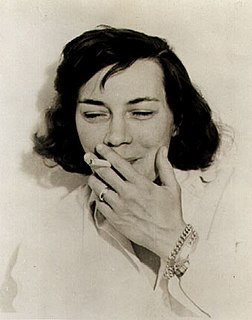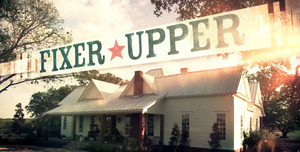A Quote by John Green
I knew that I would know more dead people. The bodies pile up. Could there be a space in my memory for each of them, or would I forget a little of Alaska every day for the rest of my life?
Related Quotes
Maybe they would look at each other and feel some odd yearning, but neither of them would know why. They would want to stop, but they would be embarrassed, and neither would know what to say. They would go their separate ways. Who knew? Maybe that happened every day to people who'd once loved each other.
For the survivor who chooses to testify, it is clear: his duty is to bear witness for the dead and for the living. He has no right to deprive future generations of a past that belongs to our collective memory. To forget would be not only dangerous but offensive; to forget the dead would be akin to killing them a second time.
American Indians would, you know, scalp them and desecrate the bodies, you know, tie them to cactuses or bury them in anthills or things like that, and you know, cut up the bodies and stuff. And then the other enemy soldiers would come across and find their comrades laying there, ripped apart, and they would be sickened by it and it would scare them.
They were not friends. They didn't know each other. It struck Tom like a horrible truth, true for all time, true for the people he had known in the past and for those he would know in the future: each had stood and would stand before him, and he would know time and time again that he would never know them, and the worst was that there would always be the illusion, for a time, that he did know them, and that he and they were completely in harmony and alike. For an instant the wordless shock of his realization seemed more than he could bear.
I could learn photography. That could be something to want. I could photograph children. I could have my own children. I would give them yellow roses. And if they got too loud, I would just put them some place quiet. Put them in the oven. And I would kiss them every day, and tell them you don't have to be anybody, because I would know that being somebody doesn't make you anybody anyway.
Do not shorten the morning by getting up late, or waste it in unworthy occupations or in talk; look upon it as the quintessence of life, as to a certain extent sacred. Evening is like old age: we are languid, talkative, silly. Each day is a little life: every waking and rising a little birth, every fresh morning a little youth, every going to rest and sleep a little death.
I would like to die peacefully with Thomas Tallis on my iPod before the disease takes me over and I hope that will not be for quite some time to come, because if I knew that I could die at any time I wanted, then suddenly every day would be as precious as a million pounds, if I knew that I could die, I would live. My life, my death, my choice.
I love babies. I think they are beautiful in all sorts of different ways. I try to pick up and hold a baby every day, if possible, because it nourishes me. It feeds my soul. Babies are drawn to me. And I think it's because they see me as one of them. But ... cooler and with my life put together a little bit more. If a baby were president, there would be no taxes. There would be no war. There would be no ... government, and ... things could get terrible. And actually probably it would be a better screenplay idea than a serious suggestion.
And even if these scenes from our youth were given back to us we would hardly know what to do. The tender, secret influence that passed from them into us could not rise again. We might be amongst them and move in them; we might remember and love them and be stirred by the sight of them. But it would be like gazing at the photograph of a dead comrade; those are his features, it is his face, and the days we spent together take on a mournful life in the memory; but the man himself it is not.

































